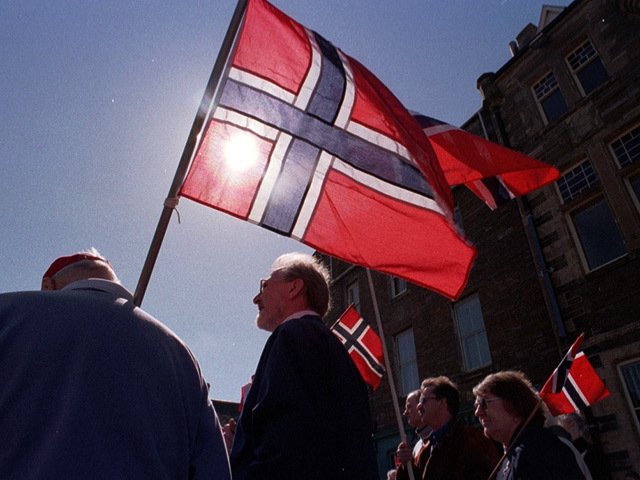
Norwegian efforts to increase oil and gas recovery from offshore fields are being jeopardized by higher taxes threatening almost £8billion of drilling programs, according to an industry group.
The Conservative-led government’s proposal to shield some projects from the previous administration’s surprise tax rise increase last year is too narrow and will allow retroactive increases, the Norwegian Oil and Gas Association warned. The lobby represents a host of major producers, including BP Plc, Exxon Mobil and ConocoPhillips.
“It’s surprising and disappointing that the finance ministry proposes transition rules for the uplift reduction that will make increased recovery at producing fields more difficult,” the group said.
Drilling programs valued at 80billion kroner (£7.8billion) “risk falling outside the transition scheme and thereby not being realized.”
Norway’s previous Labor-led government in April unexpectedly decided to reduce the part of investments that oil companies are allowed to deduct from income, while keeping the overall taxation level in the petroleum sector at 78 percent.
Oil companies have said the tax increase will be especially detrimental to increased-recovery projects at existing fields and marginal new developments.
The giant Johan Castberg oil project was delayed last year due to tax changes, while Shell put the development of the Linnorm gas field in the Norwegian Sea on hold.
While Norway’s government has ordered a report on the consequences of the tax increase and has not ruled out a reversal, its proposal detailing the transition rules may lead to resources being left in the ground, Shell said in its response to the Finance Ministry.
Though the increase from May is not meant to be retroactive, it could apply to new phases of projects started earlier, Shell said.
One example is the company’s Ormen Lange gas field, which supplies 20 percent of the U.K.’s demands and may need more compression facilities offshore, Shell said.
“The new law worsens the Norwegian shelf’s competitiveness,” the company said in the letter signed by its finance manager for Norway, Frank Rogne.
The transition will possibly also exclude Exxon’s Balder Phase 3 project, which has an estimated value of 5.4 billion kroner, the company said in a separate letter to the finance ministry.
“We’re strongly disappointed,” the letter said.
Recommended for you
